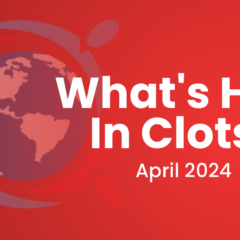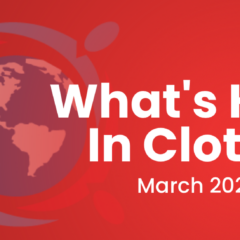Last updated on
New Research Suggests Chemotherapy Related to Thrombosis in Cancer Patients
New research out of the University of Otago in New Zealand suggests that chemotherapy could be the cause of increased thrombosis in cancer patients.
The study, headed by Associate Professor Alex McLellan, was designed to compare the procoagulant activity of chemotherapy-induced apoptotic vesicles with the cells they originated from. The research then sought to discover the mechanisms of ApoV-induced coagulation.
McLellan and his team used cancer cells from humans and rodents. According to the research abstract, they used the cells and “chemotherapeutic agents to determine the requirement for the coagulation factors (tissue factor; TF, FII, FV, FVII, FVIII, FIX and phosphatidylserine) in the procoagulant activity of ApoV.”
The study concluded that ApoV are much more procoagulant than the tumor cells they originate from.
“Since cancer-induced coagulation events also encourage tumor progression, our work opens up the possibility of developing inhibitors to the major coagulation pathway identified in cancer cells. The coagulation factors identified may be the Achilles heel of the cancer. Our current work is exploiting these molecules as targets for cellular and drug-based therapies,” said McLellan in a recent media release from the university.
The full research has been published here.



